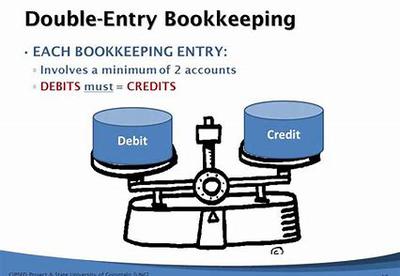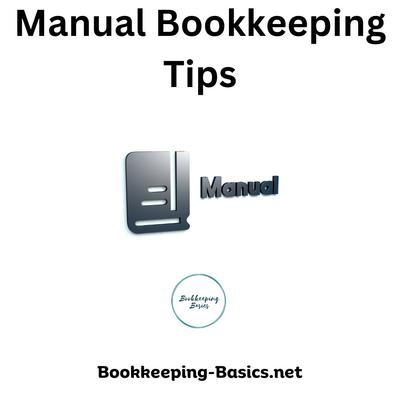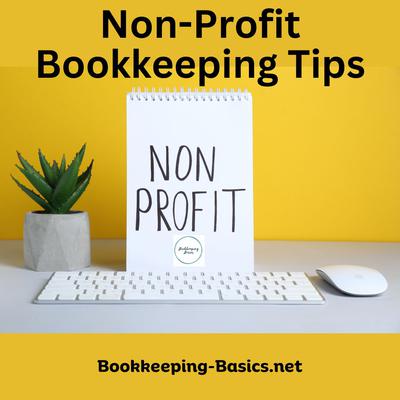- Home
- Questions and Answers
- Recording Service Entries
Collection Agency Bookkeeping Entries Question
(Utica, NY )
Our office uses "The Therapist" software by Beaver Creek for our accounting. When we receive a payment from the collection agency, it is entered into our accounts receivable.
My question is, how do we enter the payment on the patient's account? It seems to me it should also be reflected on the individual patient's account, or isn't that necessary?
Comments for Collection Agency Bookkeeping Entries Question
|
||
|
||
Entering a Shareholder Expense Report.
by Marina
(Calgary, Alberta, Canada)
I am getting very flustered because I am over thinking this. If you could help me I would appreciate it very much.
My boss (shareholder) recently started a company and has to submit his expense report in order to be reimbursed from the company. Now the three accounts I think I will be using are
1) Expense account
2) Loan from Shareholder (Liability)
3) GST Paid on purchase
(If I need an extra account please advise)
so I am confused which account would be a debit and which would be a credit. Also for his expense report which he has submitted would I even enter GST Paid on purchases or leave it off?
I thought it should be:
1) Expense -Debit
2) Loan from Shareholder-Credit
3) GST Paid - Debit
I hope you can help me as soon as possible thank you.
Comments for Entering a Shareholder Expense Report.
|
||
|
||
Entering Bounced Cheque
How do I record a returned check in traditional bookkeeping?
Comments for Entering Bounced Cheque
|
||
|
||
Entering Dates for General Journal Entries
by Deedi
(Berkeley CA)
In a non-profit setting, should General Journal Entries (GJE) like interest income and PayPal transactions be dated based on the actual transaction date or according to the bank statement date for easier reconciliation?
Comments for Entering Dates for General Journal Entries
|
||
|
||
Entering Year End WIP
Could you tell me what the corresponding entry would be when I am entering my Work in Progress on the balance sheet?
Comments for Entering Year End WIP
|
||
|
||
Entries Required to Correct Deposit Error
by Rick
(Kelowna, BC, Cda)
We deposited and our bank cleared a cheque written to another company. I have written a check to that other company. I know I need to credit my bank account, but what account do I debit?
Comments for Entries Required to Correct Deposit Error
|
||
|
||
Recording Service Entries
by Alan
(Richmond, VA)
How can I rectify a situation where I mistakenly deposited a check meant for another company and then wrote a check to fix this?
Comments for Recording Service Entries
|
||
|
||
|
||
Please subscribe to my monthly newsletter, Bookkeeping Basics E-zine. It tells you every month about the new information that I have added, including some great tips and advice from myself and other Bookkeeping Basics readers.
Like Bookkeeping-Basics.net?
- Home
- Questions and Answers
- Recording Service Entries



















